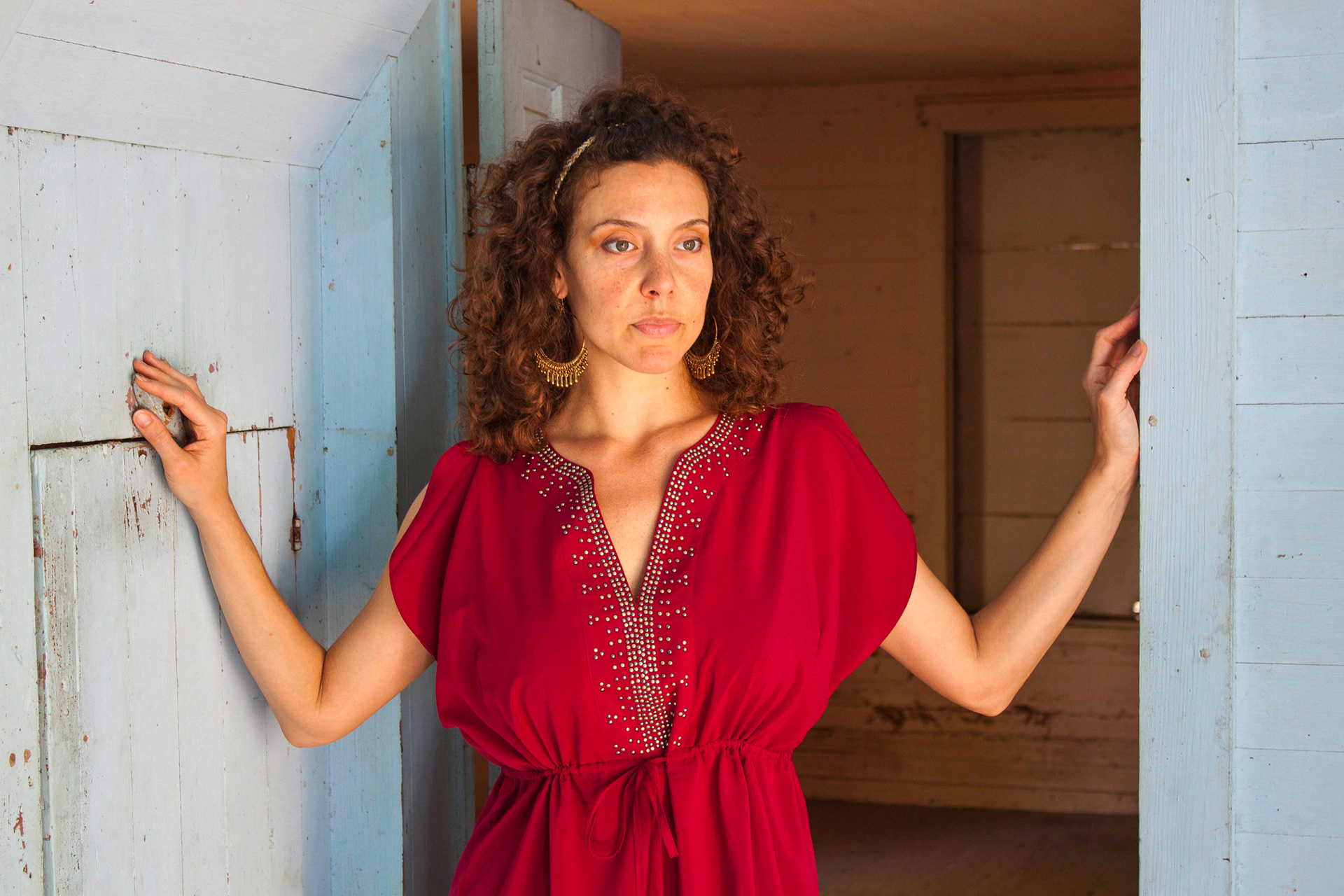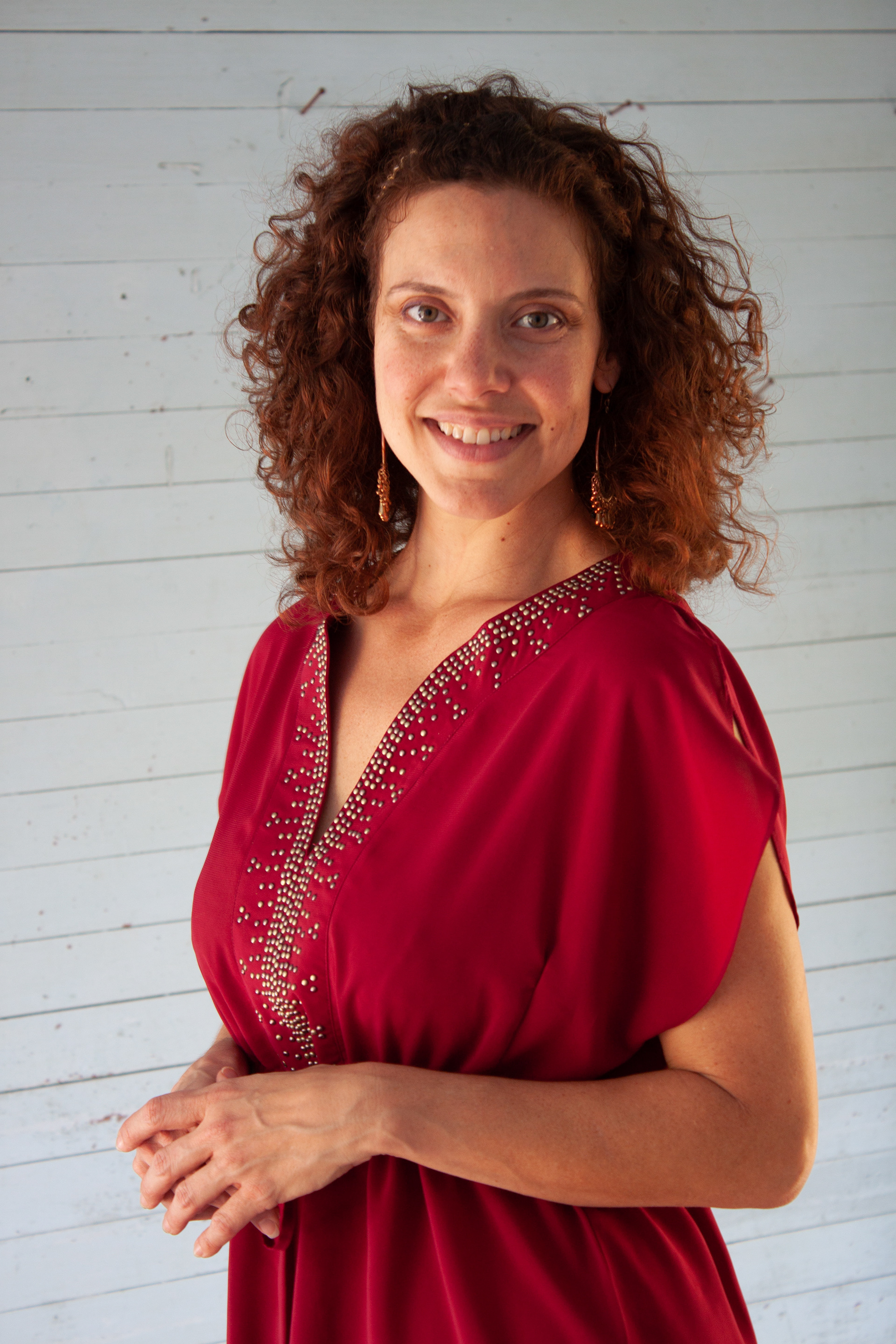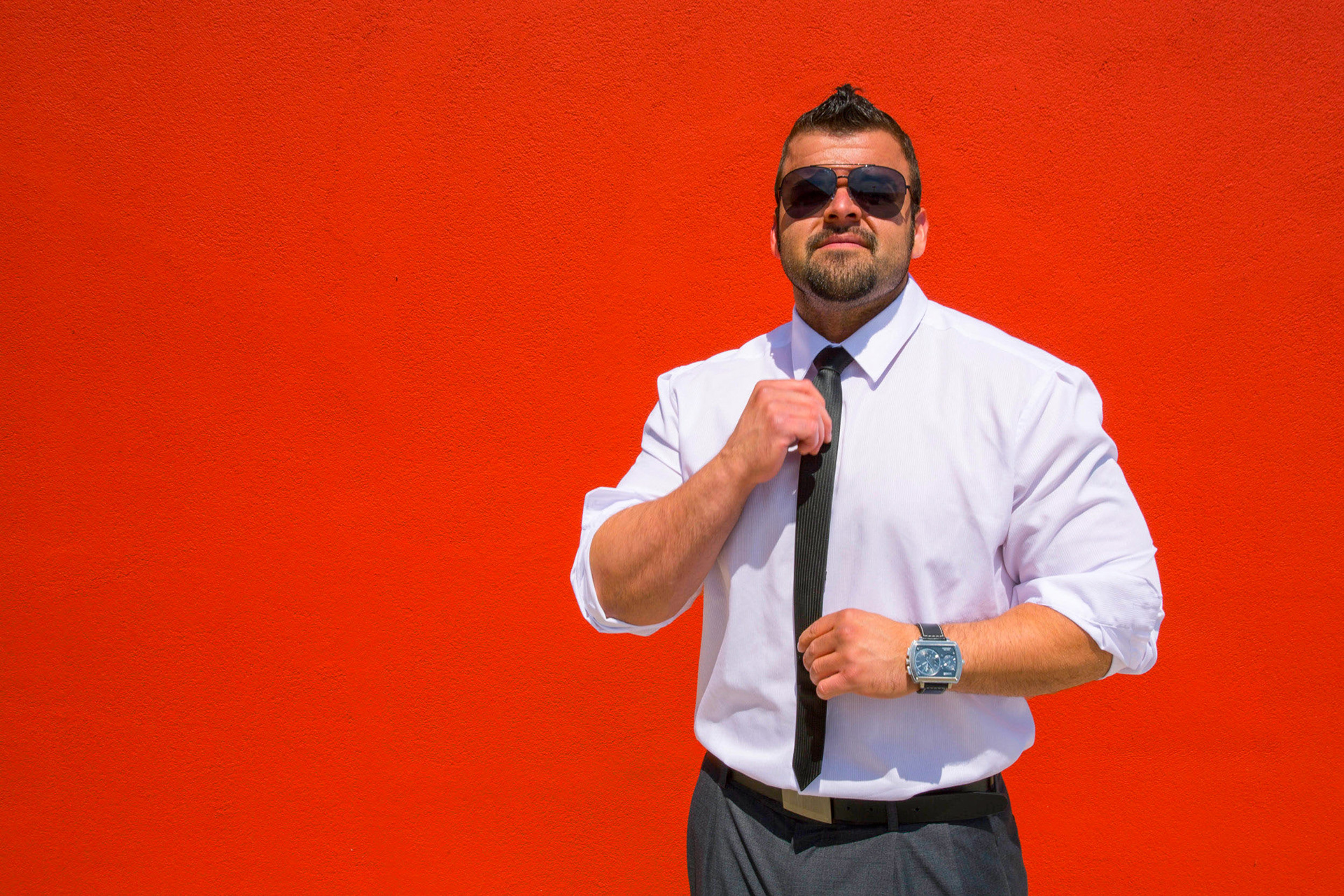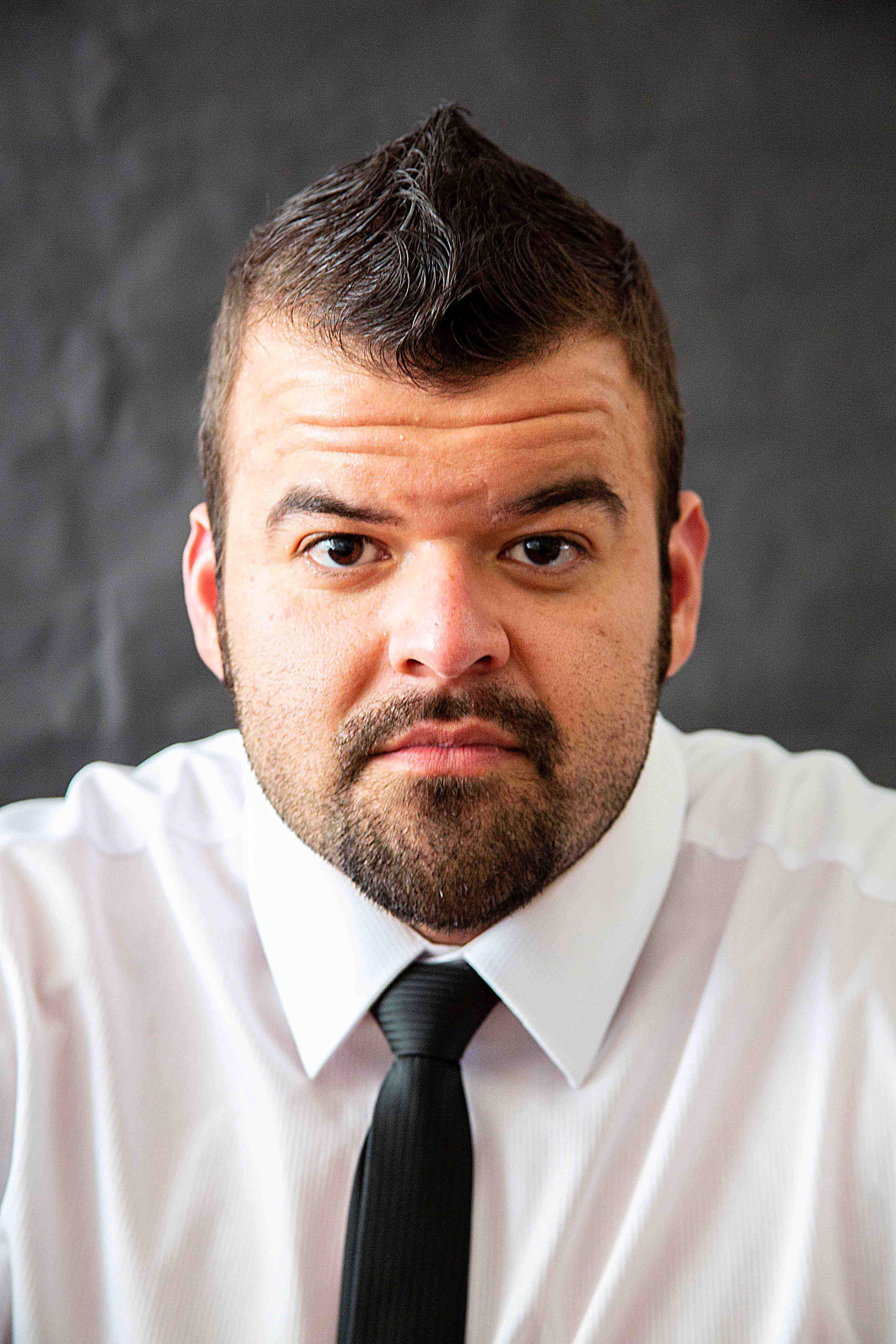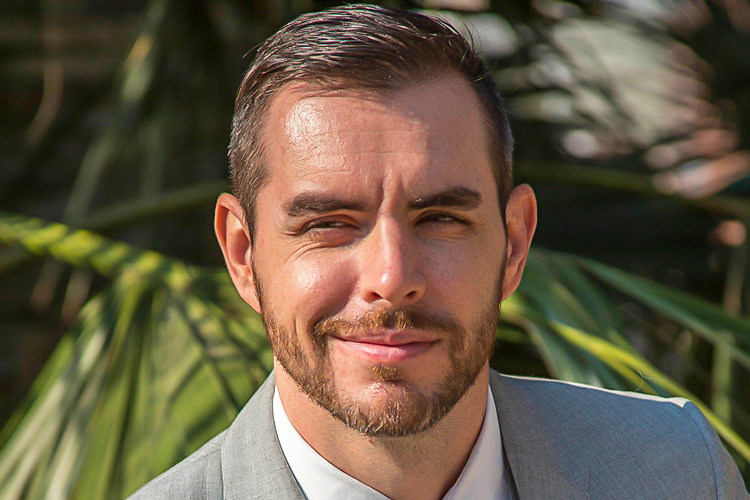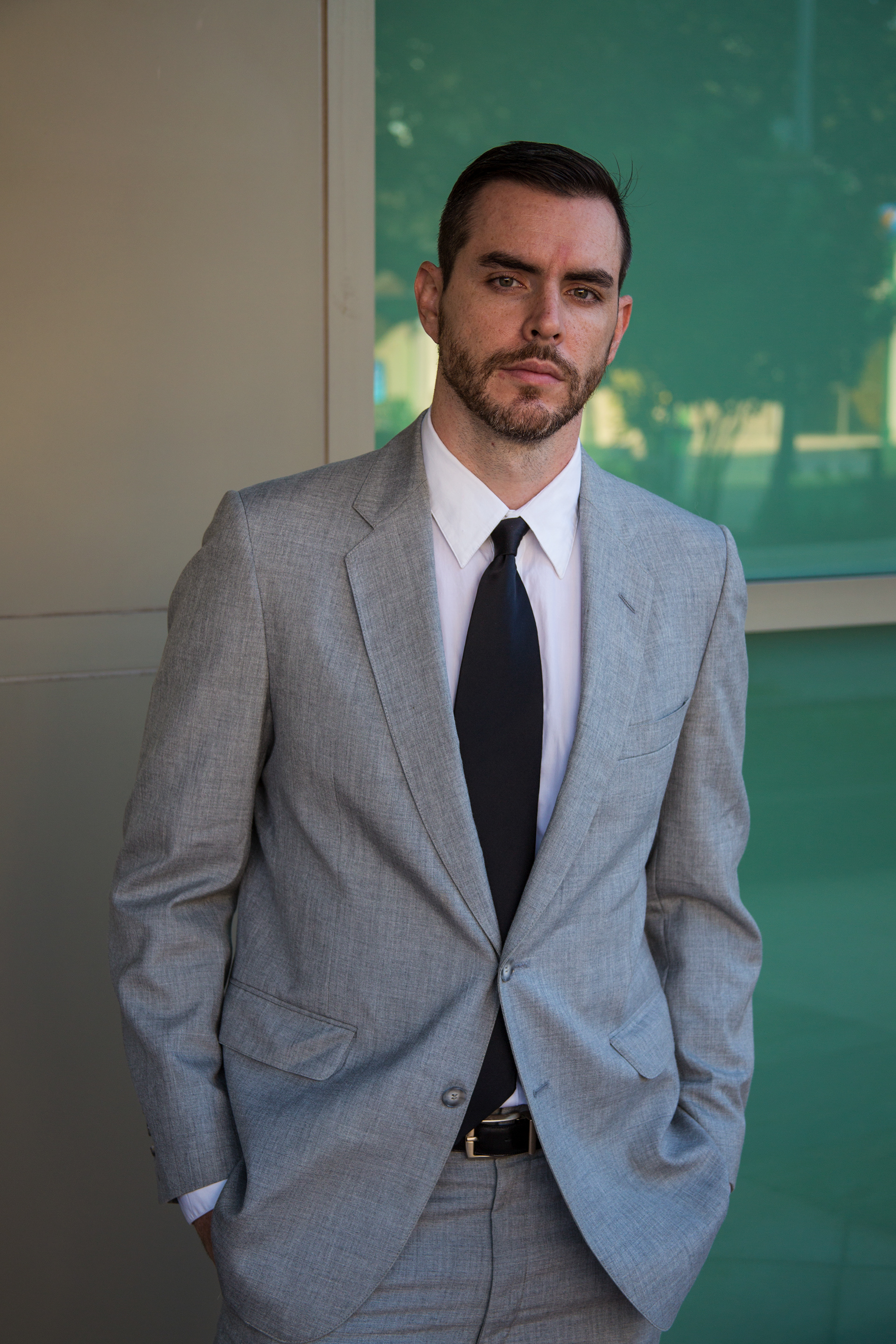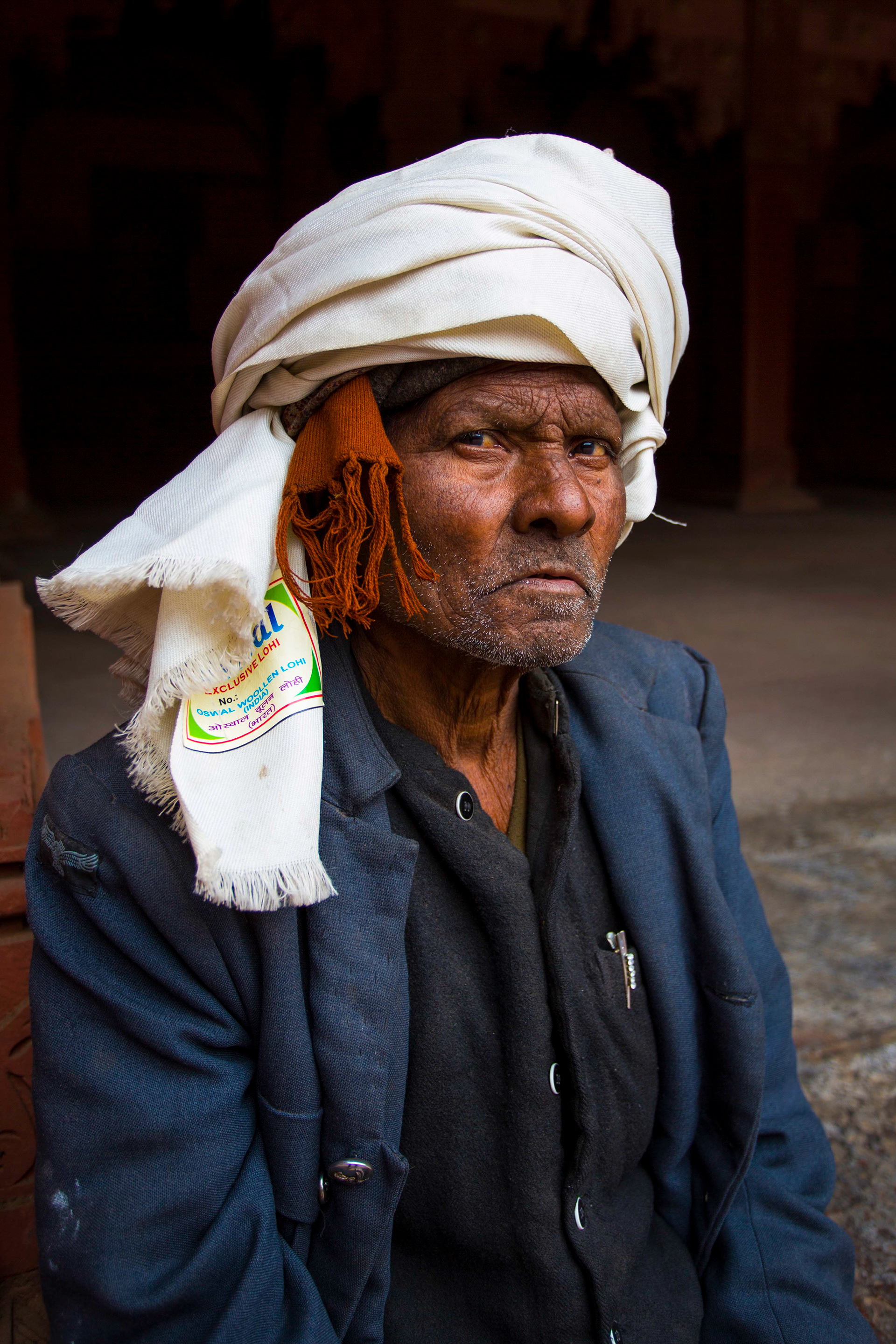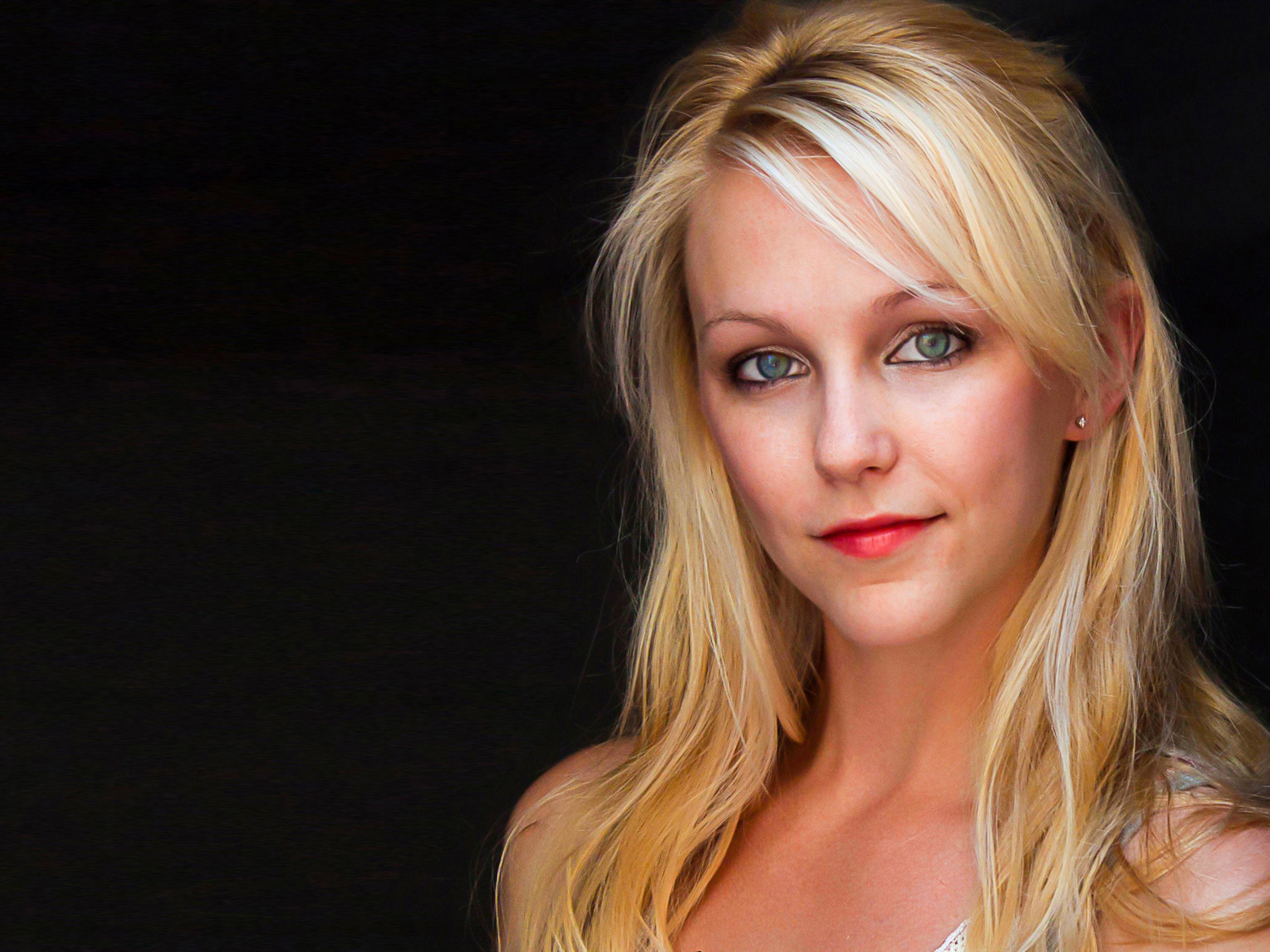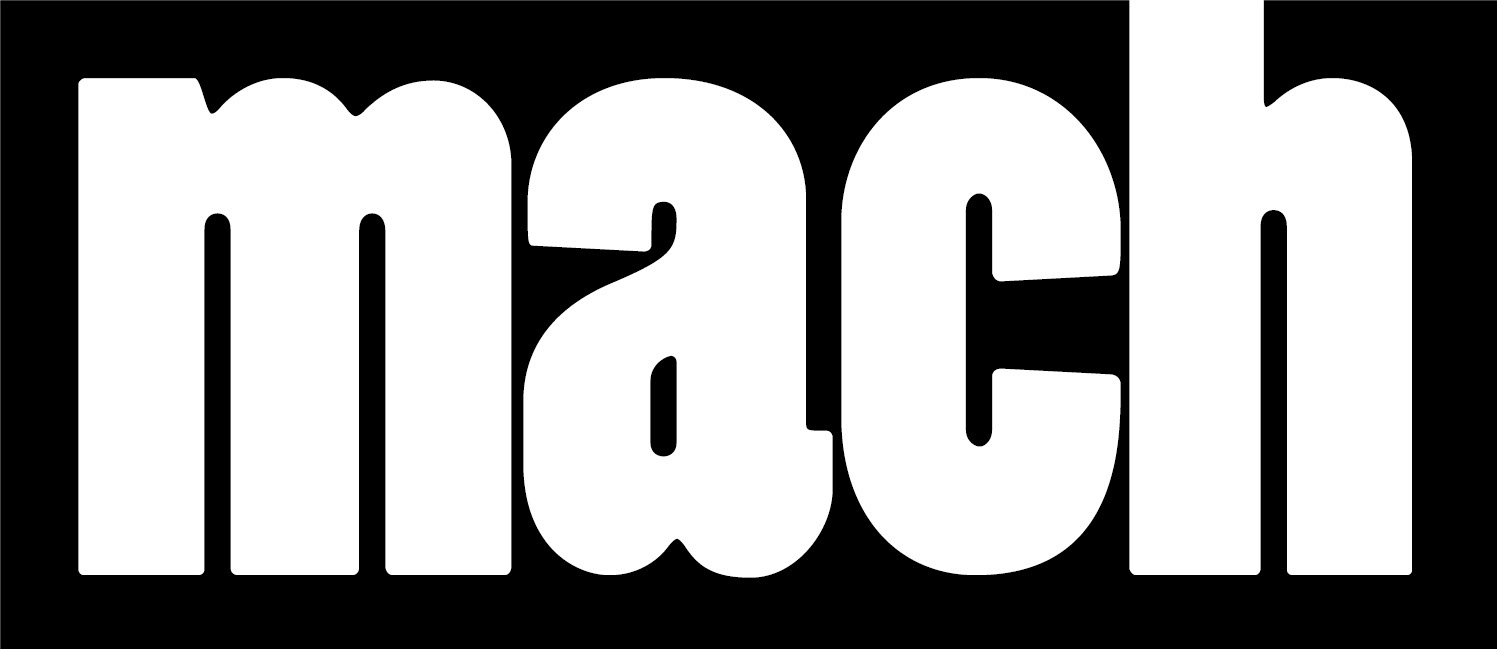Not everyone needs a professional headshot. That may sound counter-productive coming from a photographer, but I'm not here to sell you on the idea that everyone needs a portrait taken by a professional. If you are not in a leadership or customer-facing role, the reality is, it's less important for you to invest in a professional portrait. I'm not saying don't do it. I'm saying that you should weigh your reasons carefully, because it's simply less relevant to you than it is to those in leadership or customer-facing positions. Just to clarify, you should always have a photo associated with your Social Media profiles, no matter what role you play. It's just a question of whether it's a selfie, professional portrait, etc. If you've read everything up to this point you've probably already gotten that message.
The Social Media landscape has changed. It's no longer something relegated to your spare time. Corporations are using Social Media to gauge candidate employees; Customers are using Social Media to understand who they are doing business with, and the world is measuring everyone against everyone else. "Out of the world’s estimated 7 billion people, 6 billion have access to mobile phones. Far fewer — only 4.5 billion people — have access to working toilets." - Yue Wang
An increasing number of mobile phones are smart enough to be connected to the Web. How you present yourself on Social Media is having an increasingly important impact on your career. You can no longer leave it to chance.
Assuming that you are already committed to presenting the right image and you've determined it's right for you to use a professional to make that happen, how do you find the right photographer? Anything published to the Web is seen the world-over and is working for you 24 hours a day, 365 days a year and it's something that you only need to do once in every two or three years, so choosing the right photographer comes with some responsibility to get it right.
There are various ways of finding candidates, but first you must understand the look you want. Where can you go to find portraits/headshots that can give you all of the ideas you need about what to do with your own portrait? Where else! Go to the place where you expect to upload your own portrait/headshot; sites like LinkedIn, Twitter and other professional social networking sites. If you work for a large company you may have access to an internal enterprise social networking site. There are many variants out there, Microsoft has Yammer, Salesforce has Chatter, etc. These can be great resources to help you find the kind of look you want to emulate. Once you find a few good ones, why not simply use that Enterprise Social Networking Site as it was intended to be used and reach out to those people with great portraits/headshots, let them know you like the style of their portrait, that you are looking to achieve similar results.
N.B. I'll give you information later that may well change how you think about what is good and what is the right look for you based on specific studies related to composition, facial expressions, lighting, etc. So you may want to hold off on your search for a photographer for the moment.
Four Ways to Narrow Down Your Search for a Professional Photographer:
What should you look for when narrowing down your search for a photographer?
What should you look for when narrowing down your search for a photographer?
1. The Look You Want - Do you like what you see? Drill down to see which photographers are delivering that look in your city.
2. Final Product - What do you want to take away from this? Digital, print or both? Some photographers struggle with giving you their high quality images in digital format. See if their website discusses what and how they deliver the final product.
3. Cost - How much is your budget and can you get what you are looking for with that?
4. Rapport - What type of person is the photographer? Does he/she have a good reputation? Can you gauge his/her tone from their website? Do you like this person from what you see? At this point don't discard too many photographers. When you try to make contact with them you are likely to come across a few that simply don't respond. Also, during the course of your interactions some will become more appealing and others less appealing.
TIP: Here's a tried and true tip; when engaging potential vendors, make a conscious decision before calling that you're only going to gather information during your first call with them. Don't commit to anything. You can be clear with them that you are in the information gathering stage and that you are not ready to make any commitments. This sets appropriate expectations and allows you to relax and focus on data gathering. Give yourself an opportunity to weigh all of the data. Invariably some photographers that initially seem head and shoulders above the rest will lack something important when you sit down and evaluate the data in the light of day.
Other useful tips: Many photographers will have interest in a portrait party. If you can bring several of your friends or colleagues in for a portrait session at the same time then you can all save money. Even better, if you can organize a conference room at work and publicize a portrait party with enough participants, you might be able to swing your personal portraits at an even more substantial discount than you organize for the group. Also, if you know you'll have other work for a photographer in the future, then use that as a negotiation tool to bargain a better deal. Don't be afraid of letting your photographer know you might be interested in bringing more business there way. Remember though, negotiate in good faith. If there is no additional business then this is not something you should bring up. There's that Trust component.
"If a photographer cares about the people before the lens and is compassionate, much is given." - Eve Arnold
These are simply good negotiating and bargaining strategies. If any photographer is not willing to consider these then you may want to reconsider their place on the list. At a minimum they should be responding with counter offers. Don't be afraid to communicate your interests to your photographer. "To effectively communicate, we must realize that we are all different in the way we perceive the world and use this understanding as a guide to our communication with others." Thanks Tony Robbins!
